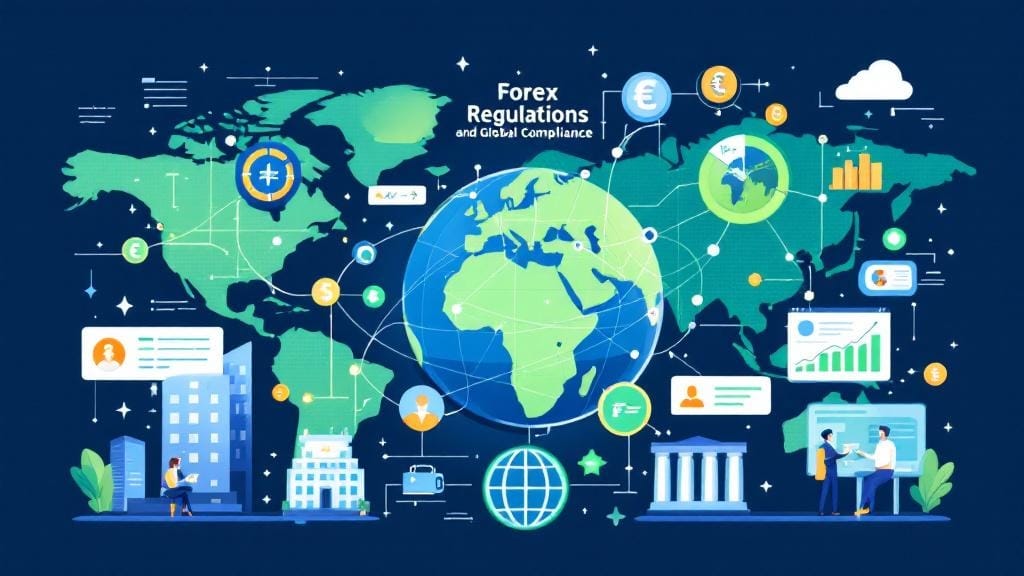If you’re juggling multiple debts and feel overwhelmed by due dates, high interest rates, and confusing payment schedules, you’re not alone. Consolidating debt loans can be a smart, strategic way to take control of your finances and reduce stress.
In this guide, we’ll walk you through what debt consolidation is, how it works, the best loan options available, and what you need to consider before making your move. Whether you’re trying to reduce monthly payments or simply want a debt repayment strategy that’s easier to manage, this article will help you make informed decisions.
What Is Debt Consolidation?
Debt consolidation means combining multiple debts—like credit card balances, personal loans, or medical bills—into one new loan with a single monthly payment. The idea is to simplify repayment and ideally secure a lower interest rate, which can help you save money over time.
How It Works
Here’s a quick breakdown:
-
You apply for a debt consolidation loan.
-
If approved, the lender pays off your existing debts.
-
You then make one monthly payment on the new loan.
This can be done through:
-
Personal loans for debt consolidation
-
Credit card consolidation loans
-
Balance transfer credit cards
-
Home equity loans (secured by property)
Why Consider Consolidating Debt Loans?
Consolidation isn’t a one-size-fits-all solution, but for many, it offers substantial benefits:
✅ Lower Interest Rates
High-interest credit card debt (often over 20%) can be replaced with a low interest debt consolidation loan, sometimes below 10%, depending on your credit.
✅ Simplified Payments
No more juggling due dates. One loan, one payment, once a month.
✅ Improved Credit Score
If you manage your new loan responsibly, you may see a positive credit score impact due to better credit utilization and on-time payments.
✅ Financial Relief
Psychologically, it’s easier to manage one debt rather than many. Consolidation can bring a sense of control and financial relief.
Types of Loans for Consolidating Debt
Let’s dive into the most popular options for consolidating debt loans and how to choose the best one for your situation.
### 🏦 1. Personal Loans for Debt Consolidation
These are unsecured loans, meaning you don’t need to offer collateral. They come with fixed interest rates and repayment terms between 1 to 7 years.
Pros:
-
Fixed monthly payments
-
Fast funding (often within 1–3 days)
-
Available through banks, credit unions, or online debt consolidation loans
Best For: Borrowers with good credit who want predictability and fast payoff.
💳 2. Credit Card Consolidation Loans (Balance Transfers)
With a balance transfer card, you move multiple credit card balances onto one card, often with a 0% introductory APR for 6–21 months.
Pros:
-
Potential to pay zero interest during promo period
-
Helps pay off debt faster if managed right
Cons:
-
Requires good to excellent credit
-
Often charges a 3%–5% transfer fee
Best For: Those who can pay off debt during the 0% APR period.
🏠 3. Home Equity Loans or HELOCs
If you own a home, you can tap into your equity to consolidate debt.
Pros:
-
Much lower interest rates than unsecured loans
-
Potential tax deductions on interest (consult a tax advisor)
Cons:
-
Your home is at risk if you default
-
Requires sufficient home equity
Best For: Homeowners with large debts and long-term repayment needs.
Best Loans for Consolidating Debt in 2025
Here’s a quick list of top-rated options this year, based on customer reviews, interest rates, and approval flexibility:
| Lender | APR Range | Loan Amount | Best For |
|---|---|---|---|
| SoFi | 8.99% – 25.81% | $5,000 – $100,000 | Low fees and good credit borrowers |
| LightStream | 7.49% – 25.49% | $5,000 – $100,000 | Large loans, no fees |
| Upstart | 6.4% – 35.99% | $1,000 – $50,000 | Fair credit and fast funding |
| Avant | 9.95% – 35.99% | $2,000 – $35,000 | Debt consolidation loan with bad credit |
| Discover Personal Loans | 7.99% – 24.99% | $2,500 – $40,000 | Strong repayment flexibility |
Is an Unsecured Debt Consolidation Loan Right for You?
If you don’t want to risk losing collateral like your home or car, an unsecured debt consolidation loan might be the safest option. Approval depends more heavily on your:
-
Credit score
-
Income
-
Debt-to-income ratio
These loans typically come with slightly higher interest rates than secured ones, but they’re also faster and less risky.
What to Consider Before Consolidating
Before jumping in, take time to weigh these important factors:
📉 Interest Rate Comparison
Use an online calculator to compare your current interest rates with potential new loan rates. The goal is to save money on total interest paid.
🗓️ Loan Terms and Conditions
Shorter terms = higher monthly payments but less interest paid.
Longer terms = lower monthly payments but more interest over time.
📊 Impact on Your Credit Score
A new loan may cause a temporary dip in your score due to the hard credit pull, but long-term responsible use helps improve it.
📁 Fees and Fine Print
Look for origination fees, prepayment penalties, or transfer charges.
How to Apply for a Debt Consolidation Loan
The process is easier than you might think:
-
Check Your Credit Score
-
Aim for 670+ for better rates. But many lenders also offer a debt consolidation loan with bad credit.
-
-
Compare Lenders Online
-
Look for transparent lenders that offer fixed rate consolidation loans.
-
-
Gather Documentation
-
Proof of income, current debts, ID, bank statements.
-
-
Apply and Get Approved
-
Most online applications take less than 10 minutes.
-
-
Use Loan Funds to Pay Off Debt
-
Directly or via lender (some lenders do it for you).
-
Real-Life Example
Sarah, a 32-year-old teacher, had four credit cards with balances totaling $18,000 and an average APR of 21%. She was paying around $650/month and only making a dent in the principal.
She took out a personal loan for debt consolidation with a fixed 9.5% APR and a 4-year term. Her monthly payment dropped to $450, and she’s now on track to be debt-free in under 4 years—with $6,000 in interest savings.
FAQs About Consolidating Debt Loans
1. Will consolidating debt loans hurt my credit?
Initially, your credit score may dip slightly due to a hard credit check. However, if you make payments on time, your score will likely improve over time.
2. What’s the best loan to consolidate credit card debt?
A balance transfer credit card is ideal if you can repay within the 0% APR period. Otherwise, opt for a low interest debt consolidation loan.
3. Can I consolidate debt with bad credit?
Yes, but expect higher interest rates. Look for lenders that specialize in debt consolidation loans with bad credit or apply with a co-signer.
4. Are online debt consolidation loans safe?
Yes—as long as the lender is reputable. Look for reviews, BBB ratings, and read terms carefully.
5. How can I reduce monthly payments with consolidation?
Choose a longer loan term—but be aware this may increase total interest paid.
6. Should I get a fixed or variable rate consolidation loan?
Fixed rate consolidation loans offer stability and predictability, making them a safer choice for most borrowers.
7. What is a good debt payoff plan after consolidation?
Make extra payments if possible, avoid taking on new debt, and monitor your budget monthly. Tools like debt snowball or avalanche can help accelerate your payoff.
Conclusion: Is Consolidating Debt Loans the Right Move for You?
If you’re drowning in high-interest debt, consolidating debt loans can be a practical and empowering step toward managing debt more effectively. It’s not a magic fix, but with the right loan, plan, and discipline, you can lower your monthly payments, pay off debt faster, and regain control of your financial life.
Just remember: do your research, compare lenders, and create a solid debt management solution that fits your goals.








Comments (0)